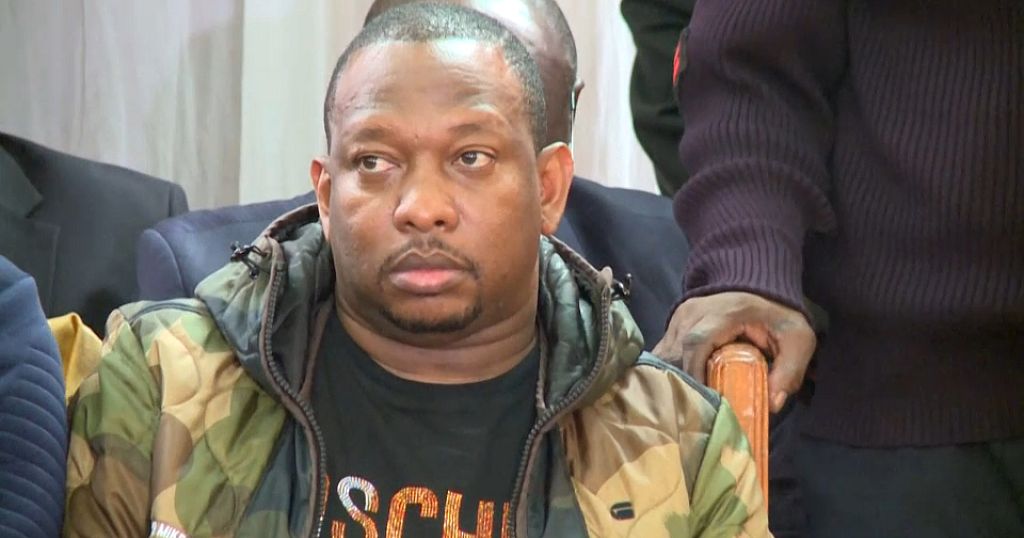Congressional investigations often lead to the development of new laws, but Congress may also address oversight findings through other actions. Some investigations have led Congress to conclude that enacting new laws is not the answer to issues identified in an inquiry. Some congressional oversight proceedings have led to executive branch reforms. Some inquiries into alleged administration corruption have resulted in resignations, referrals, House or Senate resolutions memorializing disapproval of presidential or other administration misconduct — or on occasion the start of impeachment proceedings.
Indeed, congressional history is replete with investigations of alleged White House misconduct that have not involved impeachment. Many of these — during both Republican and Democratic administrations — involved congressional deposition or hearing testimony from top White House aides.
For example, the Senate Judiciary Committee investigated business dealings of President Jimmy Carter’s brother and alleged related White House communications, taking testimony from the national security adviser and the president’s press secretary. A joint House and Senate committee reviewed the role of the Reagan White House in the diversion of Iran arms sales funds to Nicaraguan contras and took testimony from, among others, two national security advisers to the president and the national security adviser to the vice president. Committees in both the House and Senate conducted inquiries into whether the Clinton White House engaged in campaign finance improprieties and took testimony from numerous White House officials (including a chief of staff, a deputy chief of staff, two counsels, two deputy counsels, the chief of staff to the first lady and the national security adviser). Further, the House Oversight Committee investigated inappropriate use of nongovernment email for official business by the George W. Bush White House, taking deposition testimony from two White House political directors.
In the Watergate investigation, the House approval of an impeachment resolution actually followed months of direct, rigorous congressional oversight. In February 1973, the Senate established a select committee to investigate allegations of wrongdoing potentially involving the Nixon White House. It wasn’t until February 1974 that the House commenced impeachment proceedings (the Senate select committee continued its inquiry through June 1974).
With Bill Clinton, the independent counsel inquiry that resulted in an impeachment referral to the House of Representatives in September 1998 originated in 1994 as an inquiry into alleged improprieties relating to investments by Mr. Clinton and Hillary Clinton in a real estate company in Arkansas, the Whitewater Development Corporation. Long before the October 1998 House resolution initiating impeachment proceedings, Congress conducted extensive investigations into Whitewater.

 General News4 days ago
General News4 days ago
 General News5 days ago
General News5 days ago
 General News4 days ago
General News4 days ago
 General News3 days ago
General News3 days ago
 General News3 days ago
General News3 days ago
 General News2 days ago
General News2 days ago
